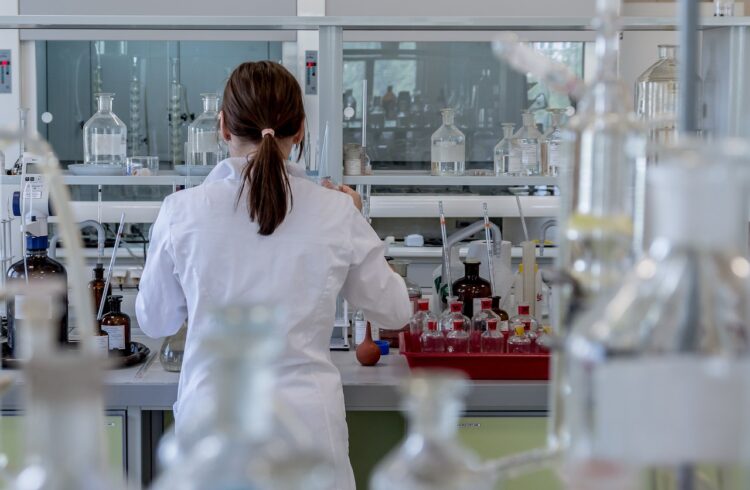For this blog, I’d like to specifically point you toward a key section of Kenneth G. Collins et al.’s publication, “Looking Beyond the Terrestrial: The Potential of Seaweed Derived Bioactives to Treat Non-Communicable Diseases”. The details include research and findings related to diabetes and obesity and will serve as the secondary theme of this blog […]
Category: Fucoidan
Many studies highlight seaweed’s rich supply of biologically active metabolites with promising therapeutic applications, such as anti-cancer, antioxidant, anti-inflammatory, and anti-diabetic treatments. The West’s adoption of modern lifestyles has resulted in less physical activity and diets high in calories and saturated fat. This has led to an increasing number of reported chronic non-communicable diseases (NCDs), […]
Cytokine and chemokine reprogramming has a direct impact on the functional changes occurring in M1 and M2 macrophages, with CCL22, a chemoattractant, being produced mainly by M2 macrophages activated by the Th2 cytokines IL-4 and IL-13. The chemokine CCL22 is highly expressed in various malignancies, including ovarian tumors, colorectal tumors, breast cancer, hepatocellular carcinoma, and […]
Triple-negative breast cancer (TNBC) affects about 20% of breast cancer patients and is characterized by a high recurrence rate within three years. Sadly, after recurrence, survival rates for TNBC are lower than other breast cancer types. In addition, hormone therapy and the molecular targeted drug Herceptin therapy, which are commonly used in the treatment of […]
Radioactive iodine (RI) plays a crucial role in thyroid cancer treatment by eliminating any leftover cancer cells and lowering the risk of the disease returning. Although RI is known for affecting the thyroid, the most prevalent consequence is the deterioration of the salivary glands, causing discomfort and enlargement. Subsequently, the ingestion of RI leads to […]
Fucoidan, a sulfated polysaccharide extracted from brown algae, has demonstrated potential in preventing some viral and bacterial infections, as well as enhancing antitumor activity in both laboratory and animal studies. Research on fucoidan’s biological activities has been extensive, but its specific roles in immune function and its ability to boost immune responses in living organisms […]
Fucoidan, a sulfated polysaccharide, has shown antitumor effects, and research is being conducted to pinpoint the active components behind this. In this blog, I would like to present a study, “Anticancer and Antitumor Potential of Fucoidan and Fucoxanthin, Two Main Metabolites Isolated from Brown Algae” by Soheil Zorofchian Moghadamtousi et al. The study offers an […]
Fucoidan, a type of polysaccharide found in brown algae, has gained significant interest due to its anti-inflammatory properties. The purpose of this blog post is to provide you with information about a study titled “Formulation, Optimization and In Vivo Evaluation of Fucoidan-Based Cream with Anti-Inflammatory Properties” conducted by Ekaterina D. Obluchinskaya et al. This study […]
The combination of complementary and alternative medicines (CAM) with conventional cancer therapies has become a popular approach. However, there is a lack of clinical evidence supporting their safety when used alongside conventional treatments. Investigating the effects of CAM on conventional drugs is necessary to generate evidence-based information regarding the safe combination of many of these […]
In the United States, colon cancer ranks as the second most common cause of cancer-related deaths. Early-stage colon cancer can be successfully treated with surgery, but advanced-stage colon cancer frequently recurs and is fatal, even in patients receiving combination chemotherapy. Chemotherapeutic agents, including cisplatin, are routinely used to treat advanced-stage colon cancer, but the improvement […]




